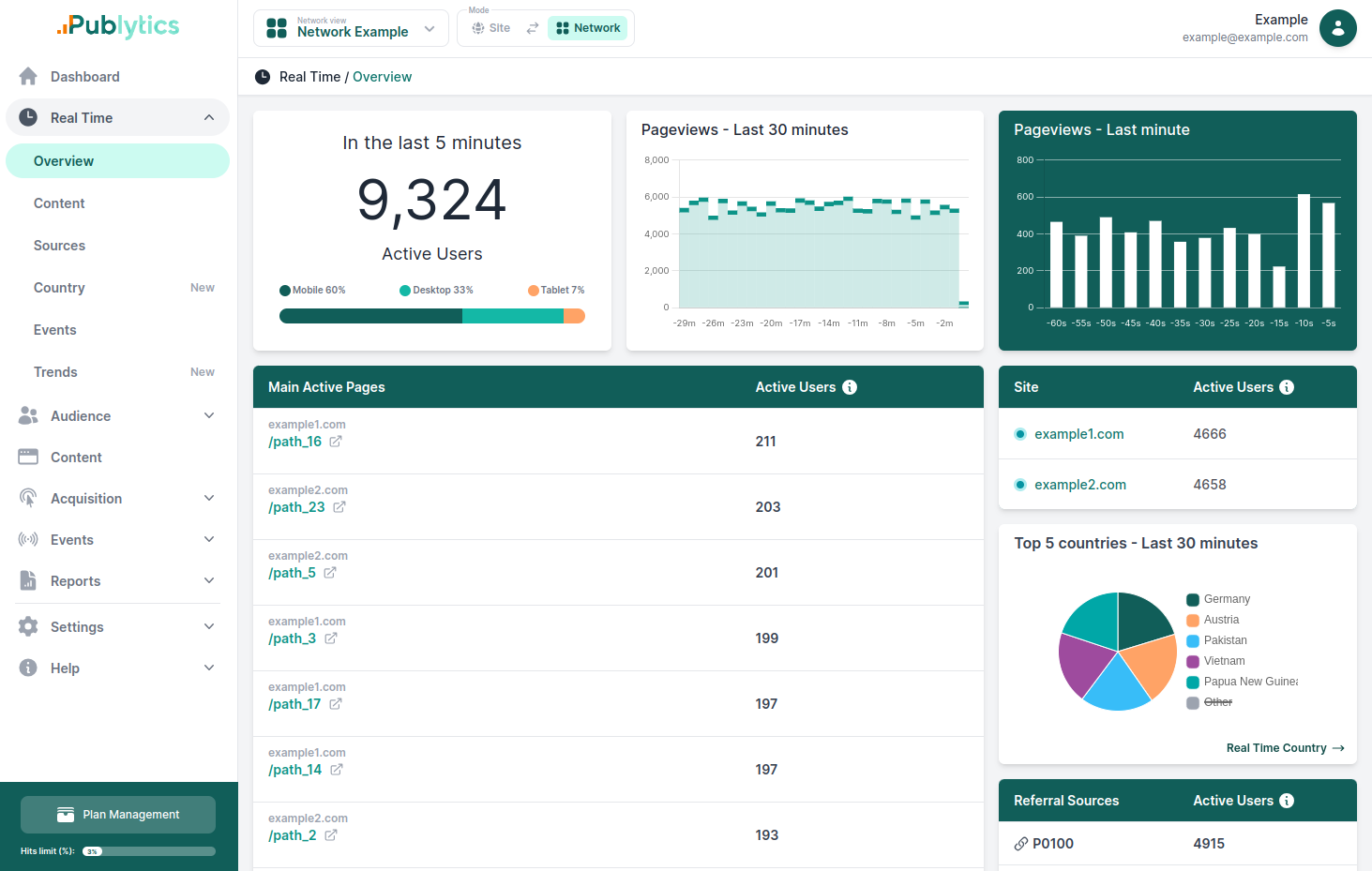How to Conduct Keyword Research for Improved SEO in 2024
Nov 29, 2023 | Author: Info Publytics

Unlocking SEO Success: A Comprehensive Guide on How to Conduct Keyword Research for Improved Search Engine Optimization
SEO stands for Search Engine Optimization. It is a set of practices and techniques used to enhance a website's visibility on search engines like Google, Bing, and Yahoo.
Search Engine Optimization (SEO) stands as a linchpin for online visibility and success. At the core of effective SEO lies keyword research, a process that involves identifying and targeting the specific words and phrases your target audience uses when searching for products, services, or information.
Mastering the art of keyword research is crucial for businesses and website owners looking to enhance their online presence. This article will guide you through the essential steps of conducting keyword research for improved SEO.
-
Understand Your Audience:
Before exploring tools and analytics for keyword research, you have to understand your target audience. Identify your ideal customers, their preferences, and the language they use when searching for information. This knowledge will serve as the foundation for selecting keywords that resonate with your audience.
-
Brainstorm Seed Keywords:
Start your keyword research journey by brainstorming seed keywords. These are the fundamental terms related to your business or content. For instance, if you run a fitness blog, your seed keywords might include "weight loss", "healthy living" or "how to gain muscle".
-
Use Keyword Research Tools:
Leverage the power of keyword research tools to expand your list and uncover hidden gems. Tools like Google Keyword Planner and SEMrush provide valuable insights into search volume, competition, and related keywords. These tools can hep you identify high-performing keywords.
-
Focus on Long-Tail Keywords:
While broad keywords are essential, long-tail keywords can offer a competitive edge. These are more specific, often consisting of three or more words. Long-tail keywords may have lower search volume, but they tend to attract highly targeted traffic. Incorporate a mix of short and long-tail keywords for a well-rounded SEO strategy.
-
Analyze Competitor Keywords:
Keep an eye on your competitors' keyword strategies. Analyzing their content and the keywords they target can unveil valuable insights. Identify gaps in their approach and opportunities you can capitalize on. Tools like SEMrush and Ahrefs offer competitor analysis features to streamline this process.
-
Evaluate Keyword Difficulty:
Evaluate the level of competitiveness for ranking on specific keywords. High competition can make it challenging to secure a top position on search engine results pages (SERPs). Strike a balance between high and low difficulty keywords to optimize your chances of ranking well and attracting organic traffic.
-
Regularly Review and Update:
SEO is an ongoing process, and keyword trends evolve over time. Regularly review and update your keyword strategy to stay ahead of the curve. Monitor changes in search behavior, industry trends, and adjust your keywords accordingly to maintain a competitive edge.
Effective keyword research is the cornerstone of a successful digital strategy. By understanding your audience, leveraging powerful tools, and staying attuned to industry trends, you can unlock the full potential of your online presence. Implementing a well-researched keyword strategy not only improves your website's visibility but also enhances user experience, ultimately driving sustainable growth.
Recent Posts
-
Publytics & qiota: The integration of analytics and monetization for publishers
Feb 18, 2026 | Author: Info Publytics
-
Enhancing Data Privacy in Web Analytics
May 13, 2025 | Author: Bruno Cazzaniga
-
How to Track Logged-in Users Without GA4 and Optimize Your Strategy
Mar 31, 2025 | Author: Bruno Cazzaniga
-
Track Article Author: How to Measure Content Creation Performance
Mar 14, 2025 | Author: Bruno Cazzaniga
-
Why Your Multi-Sites Deserve a Unified Dashboard
Feb 26, 2025 | Author: Bruno Cazzaniga
Start monitoring your websites in few seconds No credit card required!
Start monitoring your websites in few seconds


